Common Englewood Water Heater Myths
Englewood homeowners often encounter a variety of water heater myths, which can cause confusion. To aid in distinguishing between fact and fiction, David's Plumbing has developed an informative guide that addresses common misconceptions surrounding water heaters. By referring to this guide, you will acquire valuable information and uncover unexpected truths about water heaters.

Myth #1: Water heaters have an endless lifespan
Water heaters, despite what many may think, do not last forever. They can remain operational for a number of years, but their lifespan is influenced by factors such as usage, maintenance, and quality. Typically, water heaters can be expected to last for around 8 to 12 years. It is crucial to keep in mind that neglecting to replace an old unit in a timely manner can lead to expensive repairs and potential water damage to one's residence. If your water heater is nearing its anticipated lifespan, it is advisable to begin investigating replacement options sooner rather than later in order to avoid these undesirable circumstances.

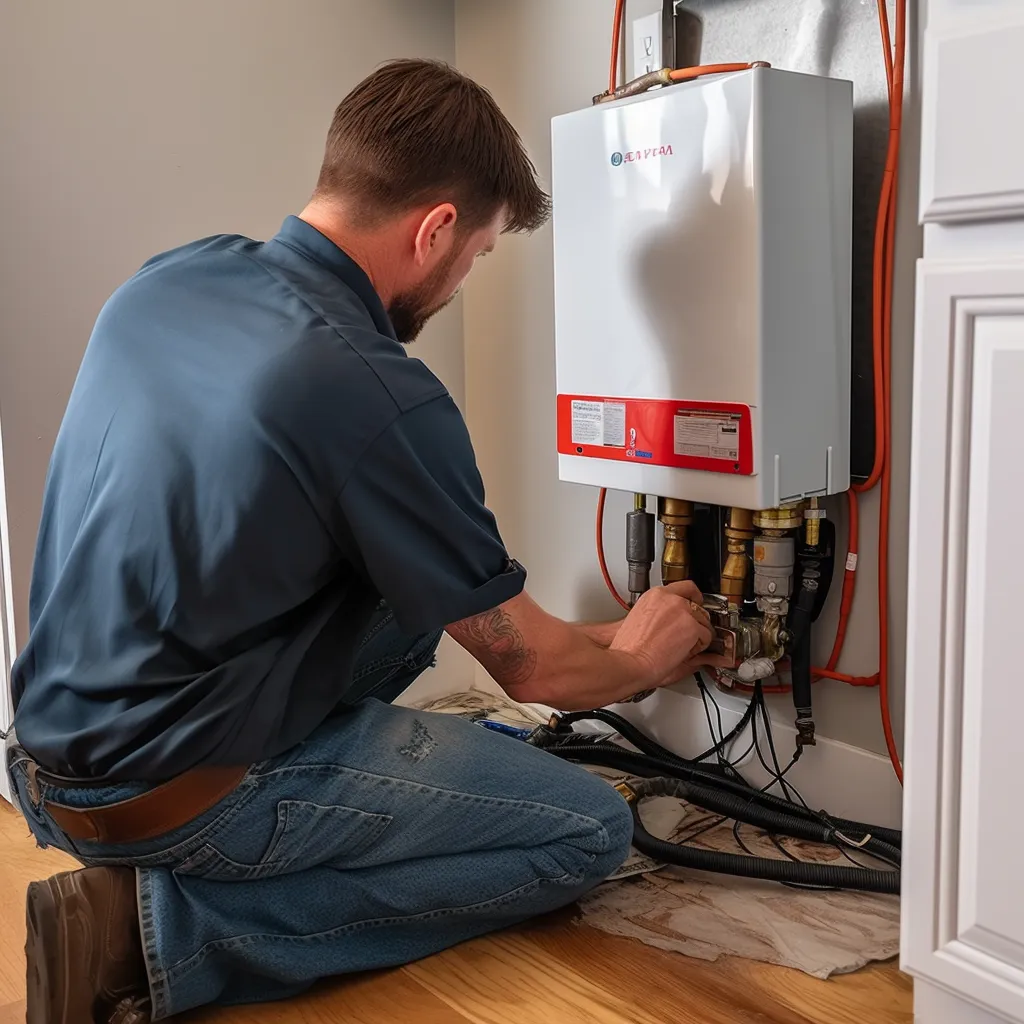
Myth #2: All water heaters are the same
Not all water heaters are the same. Like other appliances, they are available in different sizes, shapes, colors, and efficiencies. When purchasing a water heater, it is important to consider your hot water requirements, the desired speed of hot water delivery, and potential energy savings. By choosing the appropriate water heater for your specific needs, you can potentially save hundreds of dollars on energy costs. Do not believe the misconception that all water heaters are identical. Instead, make an educated decision that will give you consistent hot water throughout the year and also save you money.
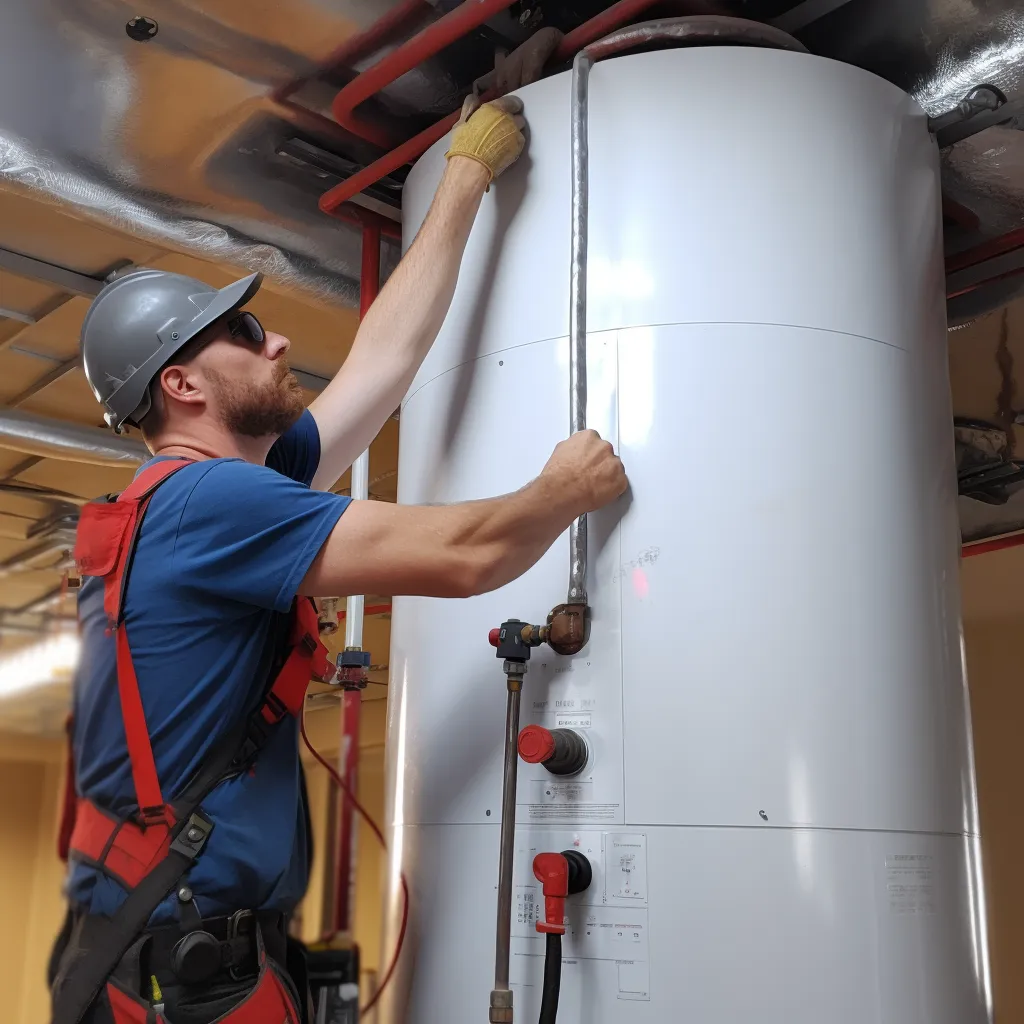
Myth #3: You get more hot water with a bigger tank
It is crucial to grasp the fact that a larger hot water tank does not necessarily translate into a greater amount of hot water. Although bigger tanks have a larger water capacity, they can result in more energy wastage and higher utility expenses without the added benefit of extra hot water. Instead, it is vital to select a tank that matches the specific hot water requirements of your household, guaranteeing a sufficient supply without any undue financial burden.
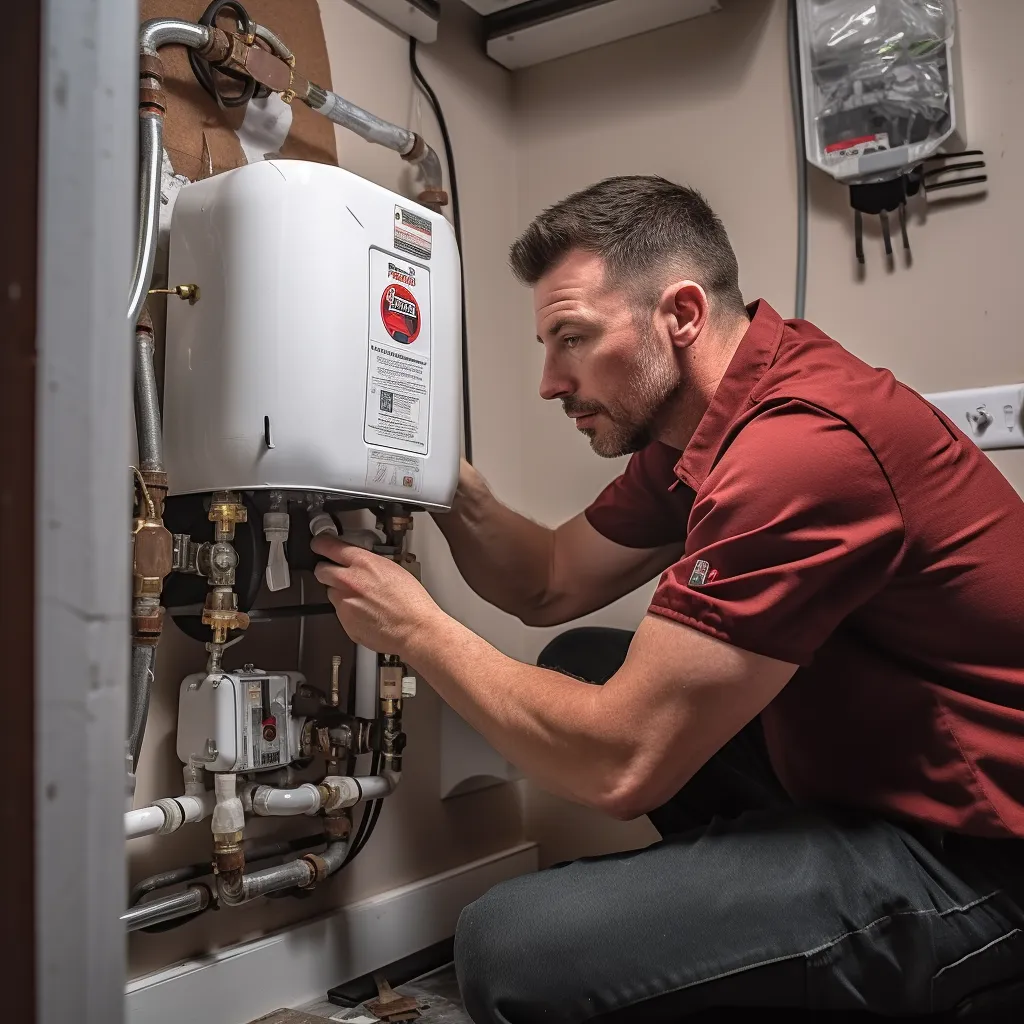
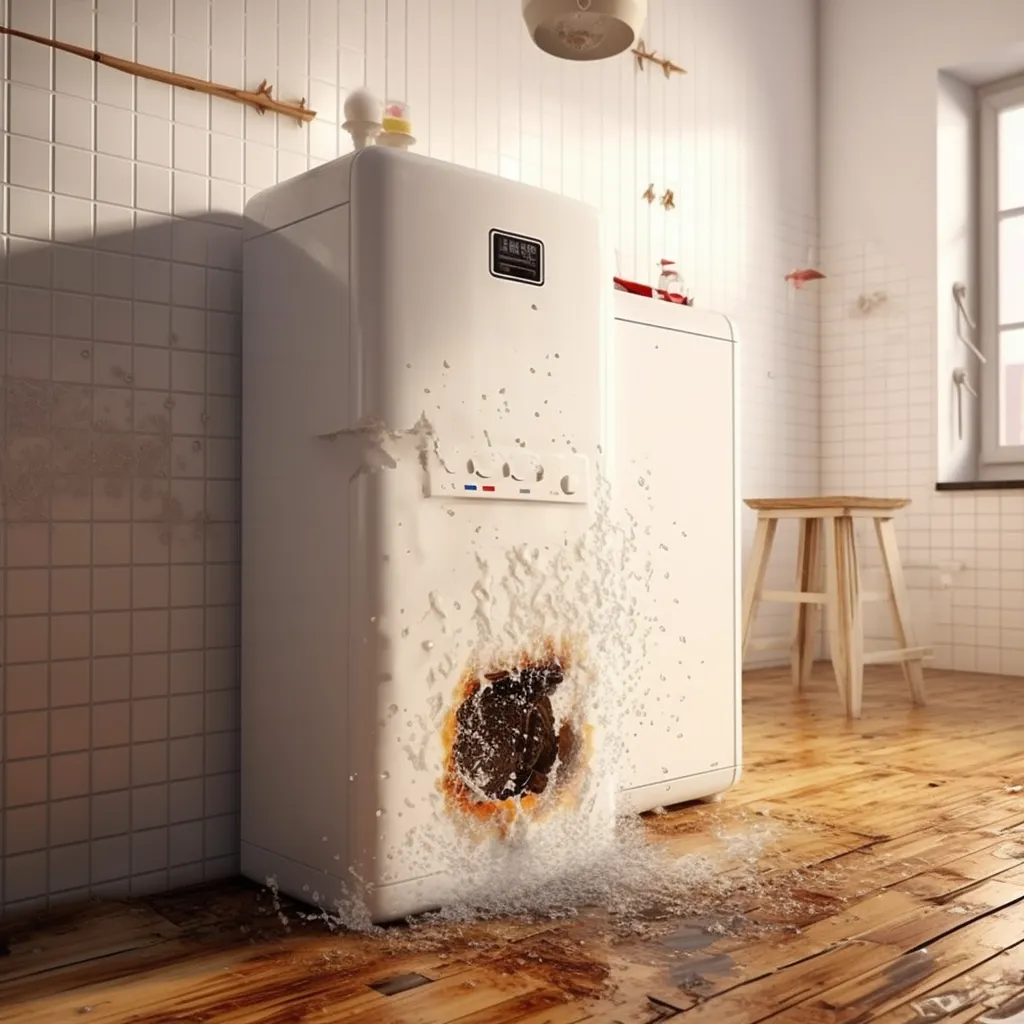
Myth #4: Repairing or replacing a hot water heater yourself is possible
When you encounter issues with your hot water heater, it is important to address the problem quickly. However, trying to repair it on your own may worsen the issue or lead to personal harm. It is strongly advised to contact professional water heater repair experts who have the necessary skills and experience to handle the situation effectively.

Myth #5: Your water heater doesn't require flushing
Regularly flushing your water heater is crucial in order to maintain its performance and prolong its lifespan. It is a misconception that not flushing your water heater will not have any negative effects. In fact, neglecting to flush your water heater can lead to the accumulation of sediment in the tank, causing reduced efficiency and potential malfunctions. By regularly flushing your water heater, you can prevent sediment buildup and ensure that it operates efficiently.
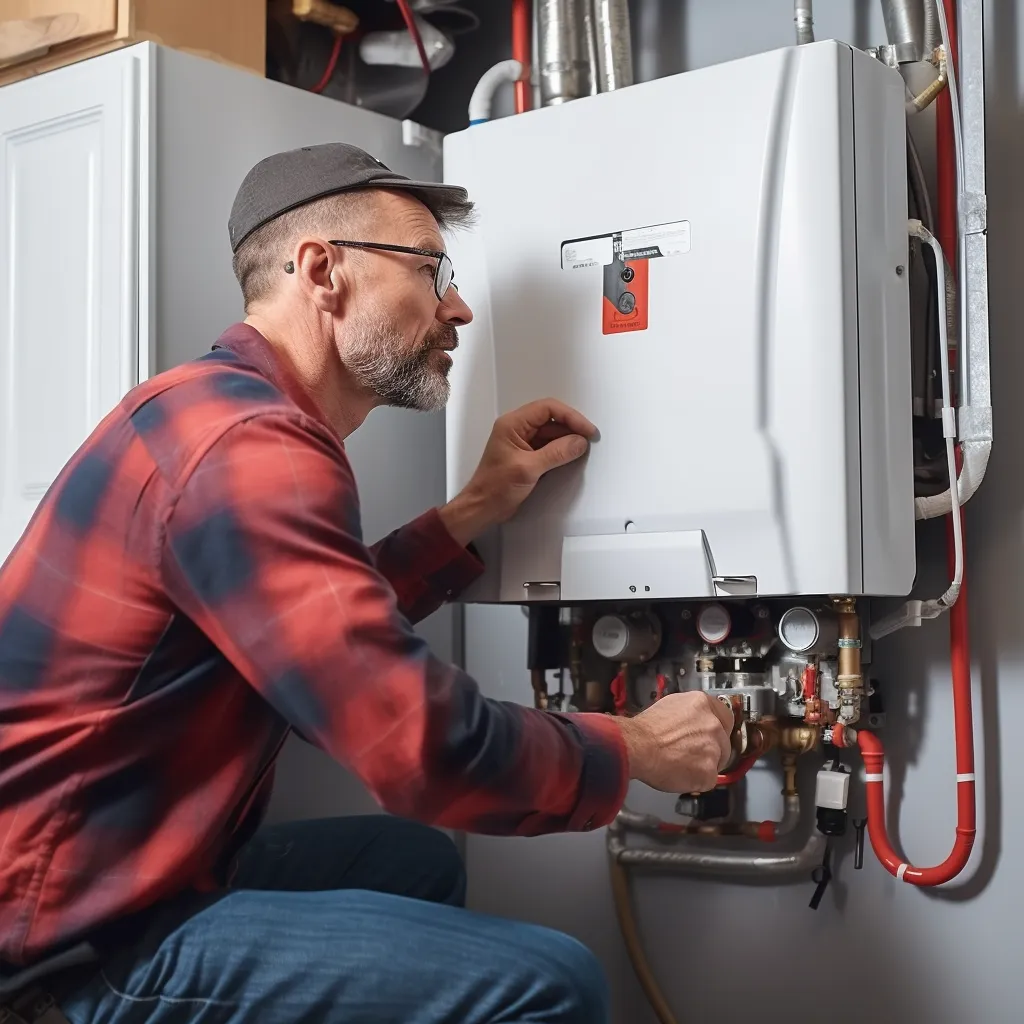

Myth #6: Keeping an outdated water heater saves money
Keeping an outdated hot water heater in hopes of saving money is a misconception because it can result in higher energy costs. Older heaters are less efficient and more prone to expensive repairs, ultimately leading to increased expenses. Conversely, replacing your old hot water heater with a dependable and energy-efficient model is a smart decision.

Myth #7: Bigger water heater tanks are more energy efficient
Contrary to what people commonly believe, choosing a larger water tank does not always lead to improved efficiency or energy savings. In reality, an improperly maintained or insulated larger tank may consume more energy to heat the water, resulting in higher energy expenses. It is vital to choose a water tank that matches your specific needs to ensure efficient energy usage. Opting for a larger tank when only a limited amount of hot water is used daily can cause inefficiency and unnecessary energy consumption.

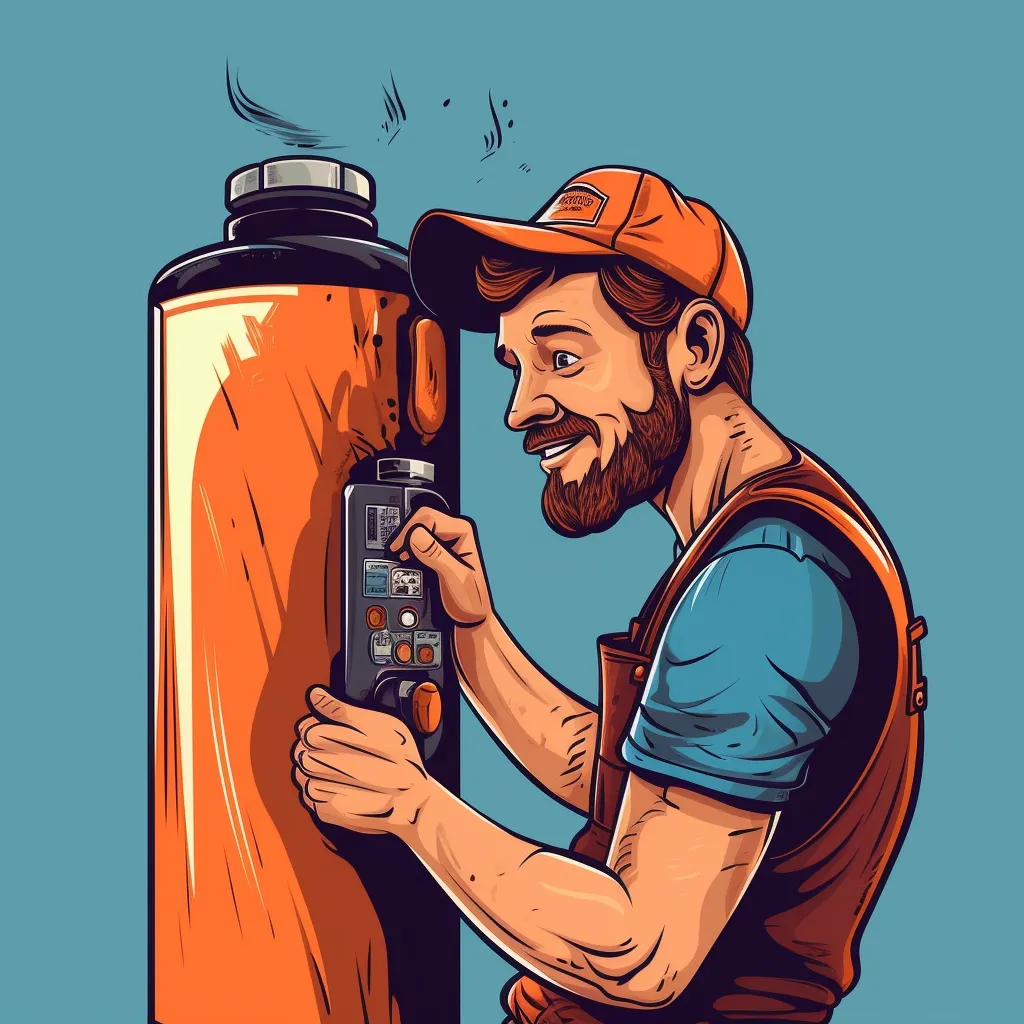
Myth # 8: Cranking up the water temperature is a good idea
Exercising caution is crucial when considering increasing the temperature of your water heater, as it can have negative consequences. One of the main concerns is the potential for scalding and severe burns, which is particularly problematic for children and older adults. Moreover, elevated water temperatures can lead to mineral buildup in pipes and appliances, ultimately resulting in expensive repairs or replacements.

Myth #9: Increasing the temperature setting to the highest is the best approach
Setting your water heater to the highest temperature is not an efficient way to quickly get hot water, and it is a popular misconception. In reality, this practice not only wastes energy but also poses a major safety hazard by increasing the probability of severe burns. Most households can safely set their water heater to around 120 degrees Fahrenheit, which is sufficient for daily hot water needs while maintaining safety.


Myth #10: Your water heater wastes energy
Advancements in energy efficiency have been made by water heaters in comparison to older models. A more energy-efficient approach is offered by modern technologies, such as tankless water heaters, which heat water on-demand instead of continuously keeping heat in a tank. Features like insulation and timers help prevent heat loss and optimize energy usage.

Myth #11: Regular maintenance of a water heater is not necessary
Maintaining water heaters regularly is crucial to ensure proper operation. Failure to perform routine maintenance can result in reduced efficiency, expensive repairs, or the requirement for replacement. To ensure the smooth functioning of your water heater, it is necessary to periodically inspect the pressure relief valve, eliminate sediment buildup by flushing the tank, and verify the accuracy of the thermostat.

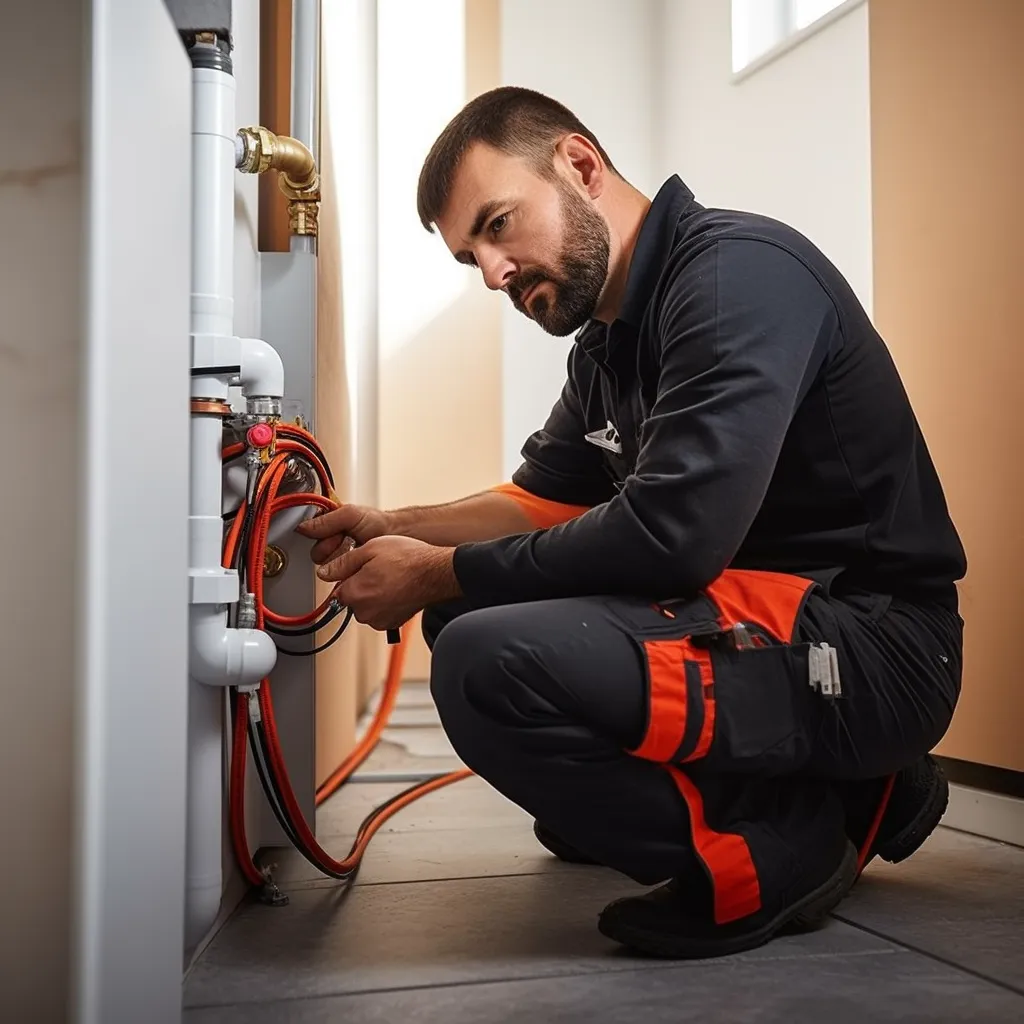
Myth #12: Any type of water heater can be used in the home
When selecting a water heater for your home, it is crucial to take into account factors such as the size of your family, number of fixtures, and your budget. Despite the misconception that any water heater will suffice, different types, such as tankless heaters, have specific requirements. To guarantee you choose the most appropriate and budget-friendly option, it is recommended to seek the advice of a professional who can evaluate your individual needs.

Myth #13: Hard water damages your water heater
Although water heater manufacturers do create their products with the intention of withstanding the consequences of hard water, it is crucial to acknowledge that hard water can still have adverse effects on the water heater as time goes on. The minerals found in hard water, like calcium and magnesium, can gather inside the water heater tank and on the heating elements, resulting in decreased efficiency and potentially leading to damage. To prevent excessive mineral buildup, it is essential to regularly perform maintenance tasks, such as flushing the tank and descaling.

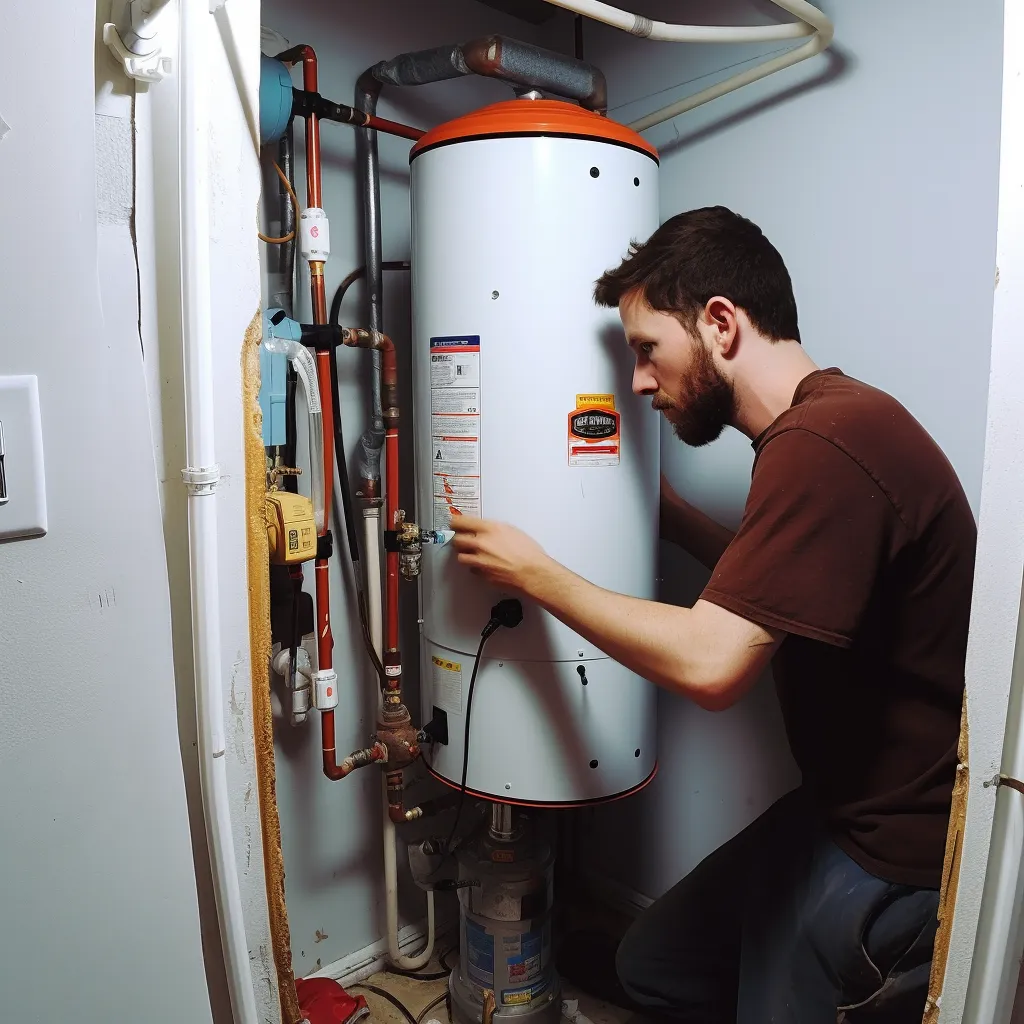
Myth #14: Tankless water heaters are more costly
Tankless water heaters have a higher upfront cost compared to traditional storage tank water heaters. Yet, their efficiency in terms of energy usage and cost justifies the initial investment. Unlike traditional heaters that constantly heat and store water, tankless heaters only heat water when needed. This leads to less energy waste and lower utility bills over time.
Contact Us
GET IN FULL TOUCH
PHONE: 941-307-7515
EMAIL:
david@waterheaterenglewood.com
David's Plumbing
Englewood, FL 34224
